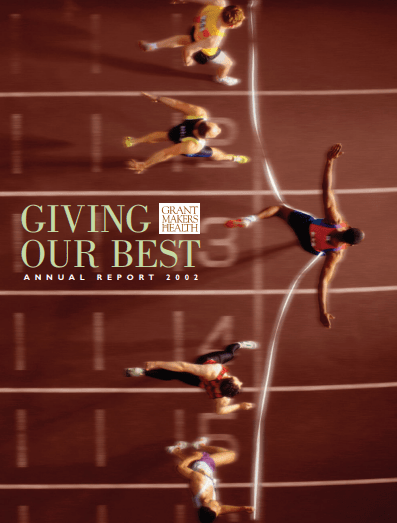Terrorism and Meeting the Needs of the Nation’s Children
The events of 9/11 and the ongoing threat of terrorism have had a profound effect on all Americans. Moreover, the systems responsible for responding in the event of a terrorist act, such as health and public safety, are less prepared to address the needs of children than other populations. This Issue Focus looks at strategies funders can use to incorporate the needs of children into emergency preparedness planning by involving schools, hospital pediatric departments, and other youth-serving organizations.
In the Right Words: Addressing Language and Culture in Providing Health Care
This Issue Brief, based on an April 2003 Issue Dialogue, calls on grantmakers to take a leadership role in shaping the language access agenda to ensure that all individuals have equal access to quality health care. Sections include: recent immigration trends and demographic changes; the effect of language barriers on health outcomes and health care processes; laws and policies regarding the provision of language services to patients; strategies for improving language access; and roles for foundations in supporting improved language access, including examples of current activities.
Congress Considering Legislation to Change Payout Calculations
This GIH Issue Focus examines how health foundations would be impacted as Congress considers legislation to change payout calculations.
A Profile of New Health Foundations
This report reflects the latest in GIH’s series of surveys. It provides an updated profile of new health foundations formed when nonprofit health organizations became for-profit companies or transferred assets through sales, mergers, joint ventures, or corporate restructuring activities.
Annual Report 2002
GIH’s 2002 Annual Report document’s the organization’s programmatic and financial activities.
Children’s Mental Health: Prevention, Early Intervention, and Treatment
Each year, 1 in 10 American children experiences a mental illness severe enough to cause some impairment in the child’s ability to function in school, family, and community settings. Yet only a small proportion of those in need receive treatment.
Strengthening the Public Health System for a Healthier Future
Based on a November 2002 Issue Dialogue, this Issue Brief examines the nation’s public health infrastructure and explores opportunities for grantmakers to strengthen and sustain this fragile and troubled system. The report provides and overview of the nation’s public health system and its infrastructure weaknesses. It also discusses the challenges faced by state and local public health agencies as they struggle to maintain and improve the health of the public while simultaneously preparing for the possibility of bioterrorism. Finally, the report looks at foundation strategies to help buttress the public health system’s infrastructure.

